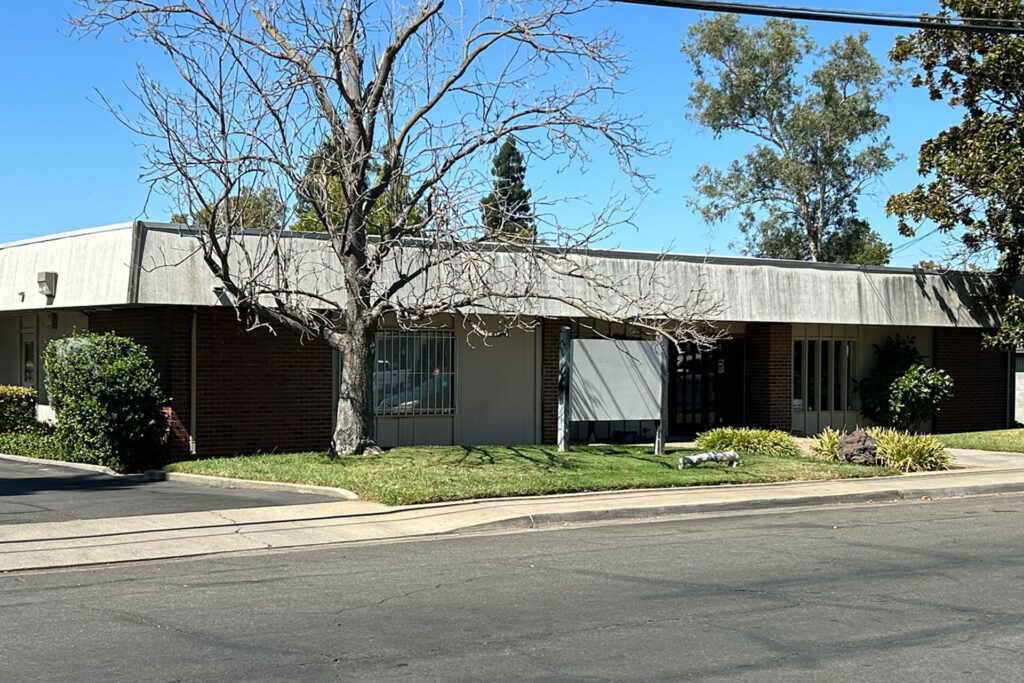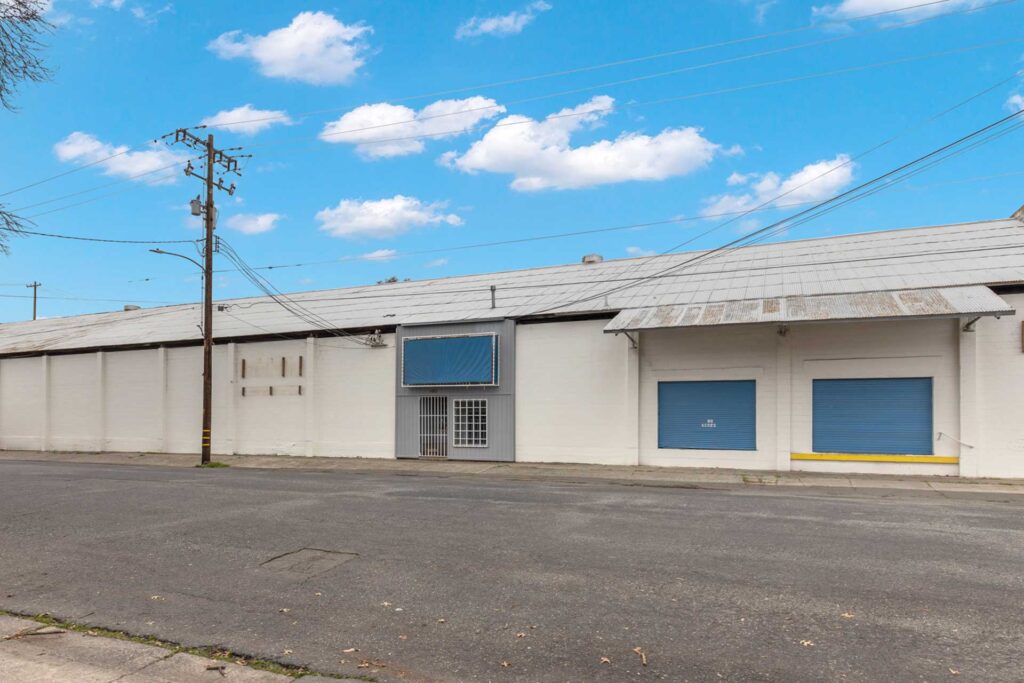Owning commercial real estate, whether industrial, office, or retail property, demands a significant investment of time and expertise to manage effectively. Property owners must navigate complex tenant relationships, intricate lease agreements, specialized maintenance needs, and rigorous financial management while ensuring regulatory compliance. The choice of a property management company can significantly impact the success of these investments.
Here’s why hiring a property manager specializing in industrial, office, and retail properties is crucial compared to a generalist who also manages various property types such as residential and multifamily.
Key Differences Between Residential and Commercial Property Management
Understanding the distinctions between residential and commercial property management is essential for property owners. Here are the critical differences, with a focus on financial management complexities, lease agreement intricacies, and vendor relationships.
Financial Management Complexities
Residential Property Management:
-
- Simplicity: Financial management typically involves the straightforward processes such as collecting rent, handling security deposits, and paying for routine maintenance and repairs. Budgeting is relatively simple, focusing on predictable expenses and rental income.
- Reporting: A basic income and expense statement would suffice.
Commercial Property Management:
-
- Detailed Financial Planning: Financial management for commercial properties involves extensive financial planning, budgeting, and reporting. This includes managing operational expenses, common area maintenance (CAM) charges, capital expenditures, property taxes, and insurance. Financial planning is on a larger scale to accommodate improvements that are budgeted and completed over many years to increase value.
- Performance Metrics: Critical metrics such as net operating income (NOI), return on investment (ROI), and capitalization rates are closely monitored to assess and enhance property performance.
- Complex Accounting: Commercial properties require sophisticated accounting practices, including the reconciliation of CAM expenses, tracking tenant improvement allowances, and ensuring accurate billing of additional rent components like utilities and maintenance fees.
- Regular Audits: Commercial property management often involves regular financial audits to ensure compliance with lease terms and financial regulations.
Lease Agreement Complexities
Residential Property Management:
-
- Standard Leases: Lease agreements are typically standardized, with minimal complexity. They often cover basic terms such as rent, security deposits, and the length of the lease, usually governed by local residential tenancy laws.
- Short-Term Focus: Lease negotiations are straightforward with shorter lease periods, generally one year.
Commercial Property Management:
-
- Custom and Complex Leases: Lease agreements for commercial properties are highly customized, involving detailed clauses on rent escalations, maintenance responsibilities, and the use of space. They must be tailored to the specific needs of each business tenant.
- Extensive Negotiations: Lease negotiations are extensive and involve numerous factors such as tenant improvement allowances, rent reviews, renewal options, and specific use clauses. These negotiations require a deep understanding of commercial real estate laws and market conditions.
- Long-Term Commitments: Commercial leases are generally longer, ranging from three to ten years or more, requiring a thorough understanding of future market trends and tenant needs.
Vendor Relationships and Utilization
Residential Property Management:
-
- Generalist Vendors: Residential property management typically involves using vendors for various routine checklist items for cleaning and maintenance.
- Simple Relationships: Vendor relationships are often transactional, focusing on immediate and basic repairs to maintain tenant satisfaction.
Commercial Property Management:
-
- Specialized Vendors: Managing commercial properties requires specialized vendors who understand the unique needs of different business types. For example, HVAC specialists for office buildings, dock repair services for industrial properties, and retail-specific maintenance contractors.
- Strategic Partnerships: Vendor relationships are more strategic and long-term. Property managers negotiate pre-determined rates and service level agreements to ensure cost-effective and timely maintenance solutions.
- Proactive Maintenance: Commercial property management involves proactive and strategic maintenance planning to minimize downtime and ensure business continuity. This includes regular building inspections, preventive maintenance schedules, and rapid response to critical issues.
Benefits of Hiring a Specialized Commercial Property Management Company
Better Cash Flow
Commercial property management companies use software programs designed specifically for commercial buildings. Automated processes and online tenant portals streamline rent collection, charge late fees automatically, and instantly alert tenants of balances due, reducing time and effort for property owners. Established commercial managers also have systems and procedures to reduce operating expenses and boost revenues.
Tenant Communication
Managing the varied needs and responsibilities of commercial tenants can be challenging, especially for owners with multiple properties. Property management companies utilize software to handle tenant communication efficiently, ensuring excellent customer service and reduced tenant turnover.
Property Marketing
Property management companies have skilled employees and trusted vendors who meet insurance requirements and offer negotiated rates. This ensures cost-effective and timely maintenance solutions, demonstrating care for tenant needs and the property itself, resulting in happier tenants and lower turnover.
Property Maintenance
Property management companies have skilled employees and trusted vendors who meet insurance requirements and offer negotiated rates. This ensures cost-effective and timely maintenance solutions, demonstrating care for tenant needs and the property itself, resulting in happier tenants and lower turnover.
Accounting and Financial Reporting
Commercial property management companies provide comprehensive financial reporting, tracking income and expenses, and offering insights into investment performance. They manage CAM expenses and reconcile them annually, ensuring financial stability and ease of asset sale when needed.
Experience and Area Expertise
Effective property management companies monitor commercial markets, adjust rental rates and terms, and enhance operational efficiency. Professional designations and experience in managing commercial real estate add value, ensuring that the property’s value grows through targeted capital expenditures.
Capital Rivers Commercial: Your Local Expertise
Capital Rivers Commercial, with offices in Redding and Sacramento, specializes in industrial, office, and retail property management. Our local knowledge of market trends, rates, and conditions allows us to provide unparalleled service. We offer comprehensive brokerage and development services, ensuring that your property is managed with the highest level of expertise and care.
Choosing a specialized commercial property management company like Capital Rivers Commercial ensures that your investment is maximized, operational efficiency is enhanced, and tenant satisfaction is prioritized. Trust in our experience and local expertise to make the most of your commercial real estate investments.




